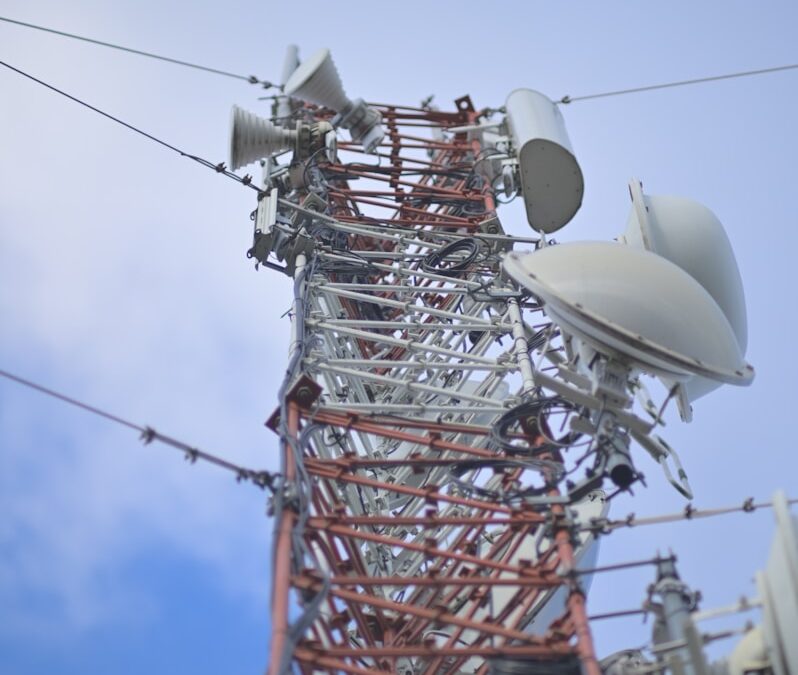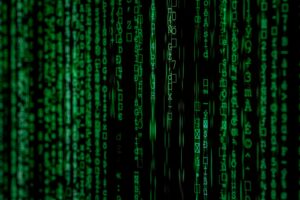Adherence to Data Privacy Regulations Through Comprehensive Audits
The Importance of Conducting Regular Compliance Audits in IoT
Conducting regular compliance audits in IoT environments is crucial for ensuring that organizations adhere to data privacy regulations and maintain the security of their networks. As IoT devices continue to proliferate, particularly in technologically advanced regions like Saudi Arabia and the UAE, the complexity of managing data privacy within these networks has increased significantly. IoT devices generate and collect vast amounts of data, much of which is sensitive or personal in nature. Ensuring that this data is handled in compliance with relevant privacy regulations is not only a legal obligation but also a vital aspect of maintaining trust with users and customers.
Compliance audits involve a systematic review of an organization’s policies, procedures, and practices to ensure they meet the required legal and regulatory standards. In IoT environments, these audits must address the unique challenges posed by the interconnected nature of devices and the continuous flow of data across networks. Regular audits help identify potential vulnerabilities, ensure that data privacy measures are effectively implemented, and verify that the organization remains compliant with evolving regulations. In Saudi Arabia and the UAE, where regulatory frameworks are increasingly stringent, conducting thorough and regular compliance audits is essential for avoiding legal repercussions and maintaining a strong market position.
Methodologies for Effective Compliance Audits in IoT
To ensure that compliance audits in IoT environments are thorough and effective, several key methodologies should be employed. One essential approach is the **Risk-Based Audit Methodology**, which prioritizes the auditing of areas that pose the highest risk to data privacy. This methodology involves identifying critical data flows, assessing the potential impact of non-compliance, and focusing audit resources on high-risk areas. For example, in Dubai’s financial sector, where IoT devices are used for payment processing and customer authentication, a risk-based audit would prioritize the security and privacy of financial transaction data.
Another important methodology is the **Continuous Auditing Approach**, which integrates auditing activities into the daily operations of IoT networks. This approach leverages automated tools to monitor compliance in real-time, allowing organizations to quickly detect and address any deviations from regulatory requirements. In Riyadh’s smart city projects, continuous auditing can help ensure that IoT systems managing traffic, energy, and public services remain compliant with data privacy regulations, even as new devices are added to the network.
**Third-Party Audits** are also recommended for organizations seeking an unbiased evaluation of their compliance status. Engaging external experts to conduct these audits provides an independent perspective on the organization’s adherence to data privacy regulations and can offer valuable insights for improving compliance practices. In Saudi Arabia’s healthcare sector, third-party audits can ensure that patient data collected by IoT devices is handled in accordance with both local and international privacy standards.
Case Studies: The Impact of Compliance Audits on IoT Security
Several case studies highlight the significant impact that regular compliance audits can have on IoT security and data privacy. In Saudi Arabia’s energy sector, a major utility company implemented a continuous auditing approach to monitor the compliance of its IoT-enabled smart meters. By regularly auditing these devices, the company was able to identify and mitigate vulnerabilities that could have exposed customer data, ensuring that its operations remained compliant with Saudi data privacy laws.
In the UAE’s retail industry, a leading e-commerce platform conducted a third-party compliance audit to assess the security of its IoT-based supply chain management system. The audit revealed several areas where the company’s data privacy practices could be improved, leading to the implementation of stricter access controls and encryption protocols. As a result, the platform not only enhanced its compliance with UAE regulations but also strengthened its reputation as a secure and trustworthy service provider.
These case studies demonstrate the importance of conducting regular compliance audits in IoT environments. By proactively identifying and addressing potential compliance issues, organizations can protect their data, maintain regulatory adherence, and build trust with their customers.
Strategic Planning and Leadership in IoT Compliance
Developing a Comprehensive Compliance Strategy
Developing a comprehensive compliance strategy is essential for ensuring that IoT environments adhere to data privacy regulations. This strategy should outline the organization’s approach to compliance, including the frequency and scope of audits, the methodologies to be used, and the roles and responsibilities of key stakeholders. In regions like Saudi Arabia and the UAE, where regulations are continually evolving, it is important for organizations to stay informed about the latest legal requirements and adjust their compliance strategies accordingly.
A well-defined compliance strategy should also include provisions for continuous improvement, ensuring that the organization’s data privacy practices evolve in response to new threats and regulatory changes. For example, in Riyadh’s financial sector, a compliance strategy might involve regular training for staff on data privacy best practices, as well as the integration of advanced auditing tools that can keep pace with the rapid growth of IoT networks.
Executive Leadership’s Role in Driving Compliance
Executive leadership plays a critical role in driving compliance within IoT environments. Leaders must prioritize data privacy as a core aspect of their organization’s operations and allocate the necessary resources for conducting regular audits. This includes investing in the latest auditing technologies, hiring skilled compliance professionals, and fostering a culture of accountability and transparency.
In Dubai’s smart city initiatives, for example, executive leaders have taken proactive steps to ensure compliance by integrating data privacy considerations into every stage of the IoT project lifecycle. By doing so, they have not only protected sensitive data but also positioned Dubai as a global leader in smart city development. Executive coaching services can further support leaders in understanding the complexities of IoT compliance and guide them in making informed decisions that align with both regulatory requirements and organizational goals.
Ensuring Long-Term Success Through Continuous Monitoring
Ensuring long-term success in IoT compliance requires continuous monitoring and adjustment of compliance practices. Organizations must regularly review and update their compliance strategies to reflect changes in technology, regulations, and industry standards. This ongoing process helps maintain the effectiveness of compliance audits and ensures that the organization remains aligned with its legal obligations.
In Saudi Arabia’s healthcare sector, continuous monitoring has proven to be a valuable tool for maintaining compliance in IoT environments. By regularly assessing the security of IoT devices used in patient care, healthcare providers can quickly identify and address any vulnerabilities, ensuring that patient data remains protected and that the organization continues to comply with privacy regulations.
Conclusion
Conducting regular compliance audits in IoT environments is essential for ensuring adherence to data privacy regulations and maintaining the security of IoT networks. By employing methodologies such as risk-based auditing, continuous auditing, and third-party audits, organizations in Saudi Arabia and the UAE can proactively manage their compliance obligations and protect sensitive data. Strategic planning, executive leadership, and continuous monitoring are key to ensuring the long-term success of these efforts. As IoT adoption continues to expand, maintaining a strong compliance posture will be critical for achieving business success and safeguarding user trust.
—
#ComplianceAudits #IoTDataPrivacy #DataPrivacyRegulations #Cybersecurity #IoTManagement #SaudiArabiaTech #UAETech #BusinessSuccess #LeadershipSkills #ProjectManagement













